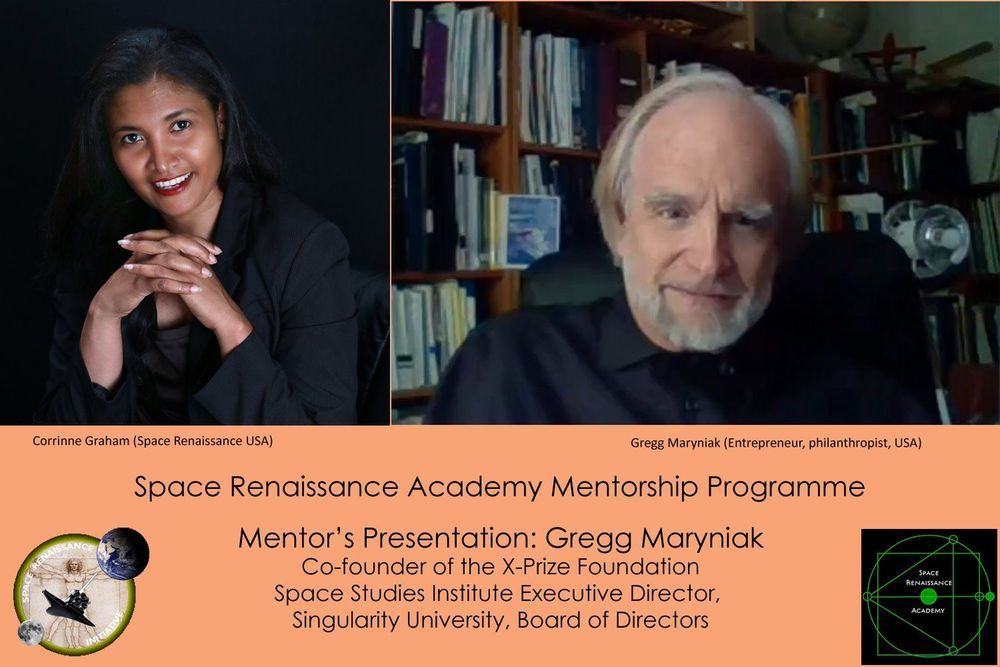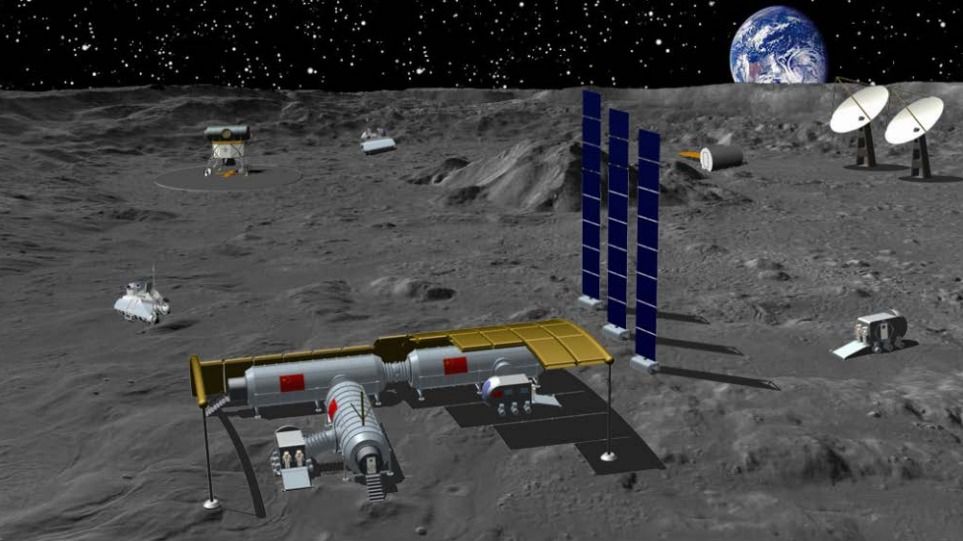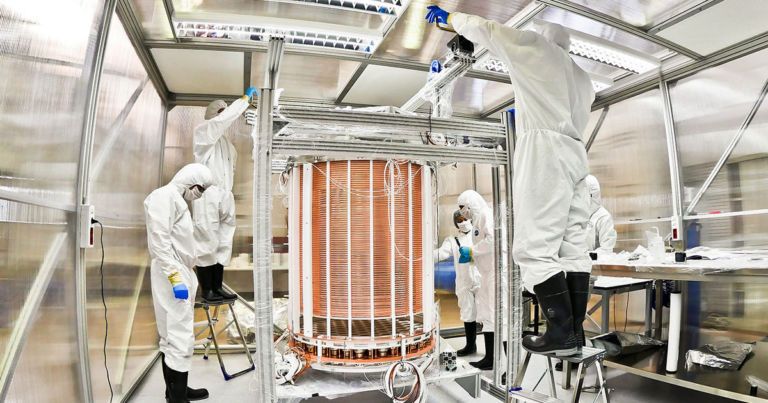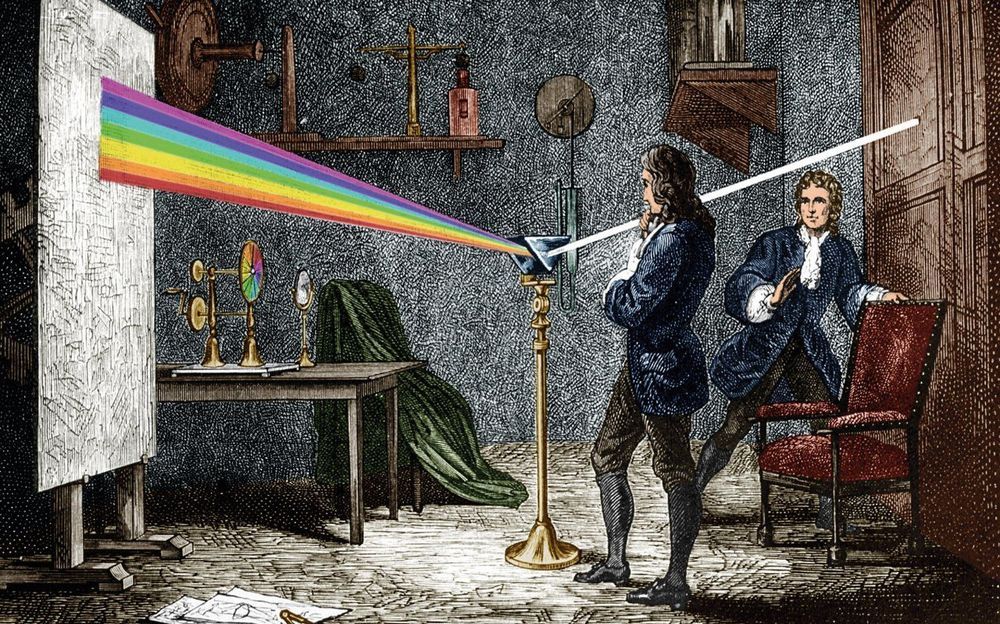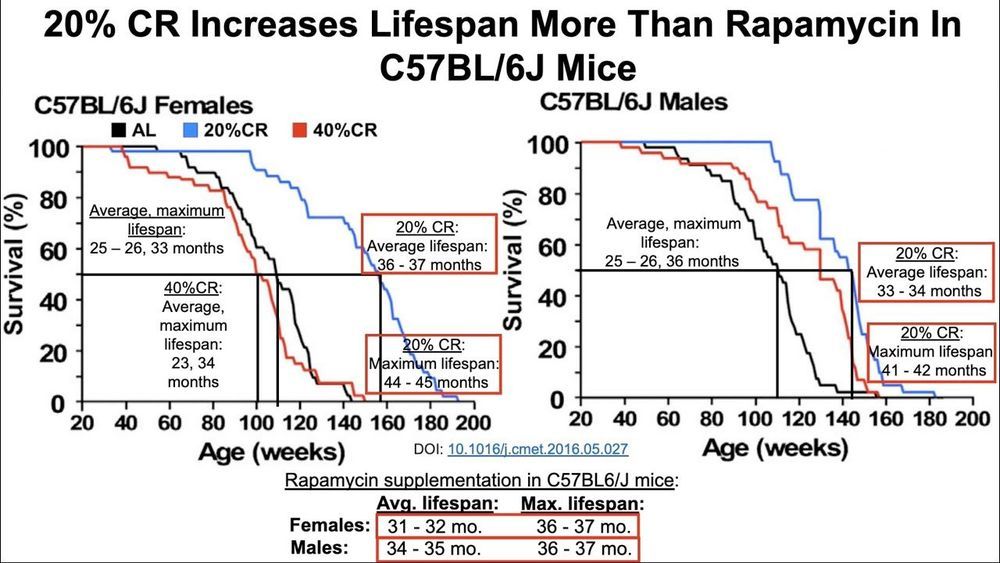Aug 21, 2020
The Cybernetic Theory of Mind: The Five Foundational Axioms
Posted by Malak Trabelsi Loeb in category: evolution
New opinions are always suspected, and usually opposed, without any other reason but because they are not already common.” –John Locke.
This introductory article summarizes the tenets of the Cybernetic Theory of Mind (CTM) with the five foundational axioms. All of these starting assumptions for the new ontological framework are discussed in my recent book The Syntellect Hypothesis: Five Paradigms of the Mind’s Evolution. Here I try to keep this summary short and simple for the reader, maximally leaning towards a more literary, “bookish” style rather than the overly scholarly one. Also, The Cybernetic Theory of Mind is a working title for my upcoming book to be published sometime next year for the general audience. It may be followed by academic papers to clarify some thorny issues that I intend to publish on my own or in collaboration.
The CTM model, a proposed version of the theory of everything, I’m currently working on, is an integral multi-disciplinary ontological model that allows to draw a wide variety of predictions and deductions from the intersections of two or more foundational axioms therein. The CTM model also allows integration of further epistemic elements under its broad ontological umbrella as they come to be known. In this summary, the formulation of each foundational axiom is followed by five exemplary deductions per axiom.



